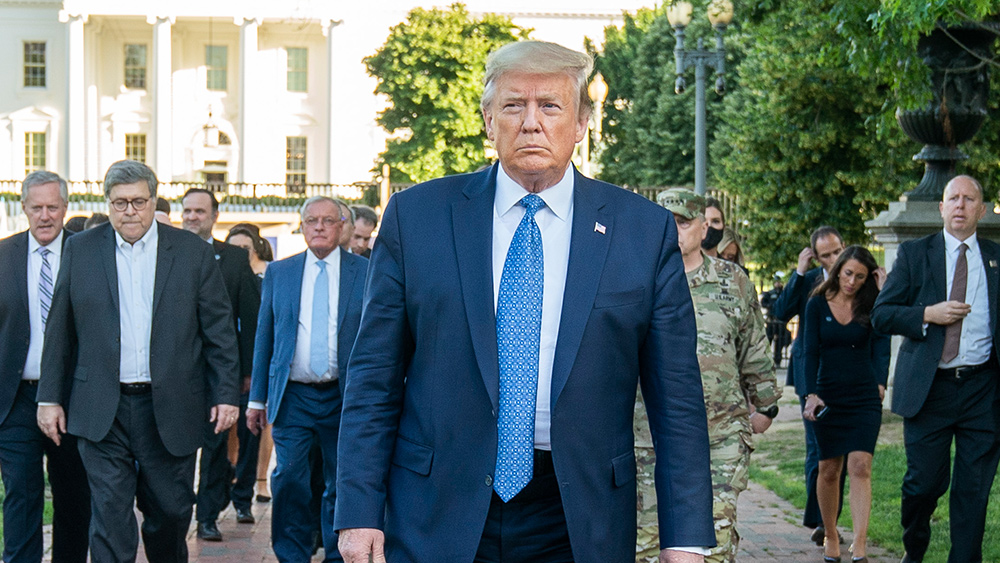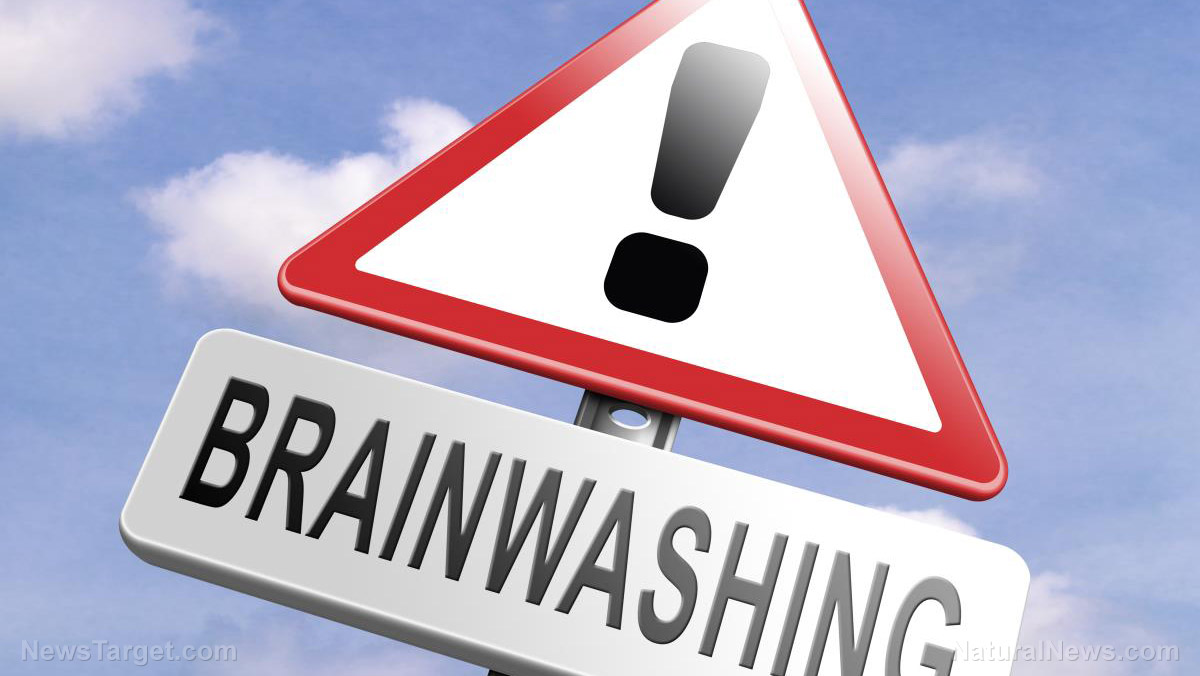
Do you think the American people would ever have ratified the Constitution if they had been told “the meaning of this document shall be whatever a majority of the Supreme Court says it is?”
—Justice Antonin Scalia, in one of his final public speeches before his death
(Article by Daniel Horowitz republished from ConservativeReview.com)
When addressing the concerns of the Anti-Federalists that the proposed office of president would function like a monarch, Alexander Hamilton detailed a list of stark distinctions between the two powers in Federalist #69. He used the power over immigration as the quintessential example of what distinguishes the power of a president from that of a king. Whereas “the one [a president] can confer no privileges whatever,” wrote Hamilton, “the other [a king] can make denizens of aliens.”
Well, Hamilton never accounted for a post-constitutional era where the federal courts would also be able to make citizens of aliens.
It’s not even worth delving into the details of today’s 5-4 decision of the Supreme Court that President Trump cannot rescind an illegal executive amnesty of his predecessor in the same way it was initially promulgated. The same way it’s not worth trying to parse a decision redefining marriage or sexuality in law. These are powers a court simply does not possess.
The question for Trump and conservatives headed forward is where to go from here, now that so many have realized what I’ve been warning about for years: namely, that the minute you agree to the premise of judicial supremacism – that the courts stand above the other branches in deciding fundamentally political questions – no amount of “appointing better judges” will rectify a judicial North Korea. The solution is to uproot the concept of judicial supremacism altogether.
“So Trump should defy the court, right?” I’ve been asked.
No. The courts are defying the law, the Constitution, and 130 years of their own settled case law that illegal aliens have no standing to sue for a right to remain in the country against the will of the political branches of government. It is they who are defying the law. Moreover, as Hamilton noted in Federalist #78, the courts “must ultimately depend upon the aid of the executive arm for the efficacy of its judgments.” Thus, Trump declining to actively use his powers to violate immigration laws duly passed by Congress is not defying the courts; it’s following the law being defied by the judiciary.
You see, this case is different from almost every case that comes before the courts. Typically, the courts will invent a contrived right and demand that the other branches take an action they need not take. In this case, the court is jumping two steps by demanding Trump not only refrain from deporting illegal aliens, but affirmatively use the tools of government to grant resident documents to people whom our law explicitly prohibits from having them.
If separation of powers means anything at all and we are to preserve a country of checks and balances, Trump must not issue these visas.
The difference between judicial review and judicial supremacism
There’s a difference between a scenario where the executive branch is trying to imprison or execute a citizen and the court grants reprieve, vs. when the court is demanding that the executive branch take action to grant that individual a privilege not accorded to him by law. In the former case, even if the court got it wrong, being the final authority on a criminal conviction is emphatically the province of a court. In the latter case, the court has no power to demand the executive branch take action contrary to law and certainly no way to enforce it. The same way a court can set aside a policy or law it feels it is unconstitutional for its purposes of a ruling in a single case, the executive branch has the same obligation to set aside capricious court rulings when they violate the Constitution and intersect with its more robust powers.
As Jefferson said toward the end of his life, “Each of the three departments has equally the right to decide for itself what is its duty under the Constitution without regard to what the others may have decided for themselves under a similar question.”
In Federalist #81, Hamilton dismisses concerns from Anti-Federalists that somehow because the courts interact with the people under the law at the end of the policymaking process, they will laugh last and laugh best, having the final say on the implementation of a law or a policy. He called the concern, which today has become a reality, “a phantom.” Why could he easily dismiss the concern of judicial usurpations? Because of the Supreme Court’s “comparative weakness” compared to the other branches in “its total incapacity to support its usurpations by force.”
The Constitution simply never gave the courts a veto power such as it gave to the president. An injunction is merely a form of relief granted in an individualized case or controversy. But if a judge is going to use that case to somehow illegally adjudicate a policy issue with no standing and issue a broad policy directive, even if he is correct on the merits, it has as much effect as a declaration from me or you or any private citizen absent the affirmative “aid” of the executive branch.
Implicit in Hamilton’s design is obviously the premise that the presidents and governors have the power not to grant aid to court rulings and, under the right circumstances, will use that power. Denying the judiciary the power of enforcement is not a bug in the system; it is a feature.
This is the core difference between judicial supremacy and judicial review. As President Lincoln observed during the sixth debate with Stephen Douglas during the 1858 race for Senate in Illinois, courts can adjudicate individual cases, but if they seek to use those rulings as a way of setting political policy across the nation, it should never be regarded as a “political rule” to be “binding on the members of Congress or the President to favor no measure that does not actually concur with the principles of that decision.”
Lincoln practiced this as president. As his attorney general, Edward Bates, explained at the time: “That is the sum of its [judicial] powers, ample and efficient for all the purposes of distributive justice among individual parties, but powerless to impose rules of action and of judgment upon the other departments.”
Where does the president go from here?
It’s not like the courts created a fundamental right for illegal aliens to obtain Obama’s amnesty. At least not yet. They created a convoluted argument that Trump has to issue a more robust decision-making process with justification for the policy that passes muster with the courts. Trump should go back and issue the ruling again, but this time publicly draw a line in the sand and call his shot. He should have Attorney General Barr cite chapter and verse of statute and the Constitution and pledge to uphold the law no matter what and state that he will not even send down DOJ lawyers to court to indulge this nonsense. Presidents of both parties regularly assert separation of powers when ignoring congressional subpoenas. The courts are certainly not more powerful than Congress.
The same tactic should have been used with the census. A census is not written by the judiciary; it’s written by the Department of Commerce. The administration has every right to place a citizenship question on the form, and even Roberts in his insane opinion from last year agreed that it would be following the law. If individuals don’t want to fill it out and are subject to federal prosecution, then the courts could always decline to convict them. That is how separation of powers and decompartmentalism work.
The president has no choice. This is not just about amnesty. This is about everything he has done during his presidency. Whether it’s numerous other immigration policies, the census, or environmental and energy regulations, the courts are mandating a continuation of Obama’s presidency. They are saying that Trump cannot get rid of anything Obama did unilaterally.
Thus, unless Trump and Republicans promise to do as Lincoln did and push back against judicial supremacism, there is no purpose to running for re-election. And no, don’t tell me the purpose is to “appoint better judges.” Sorry, Mr. President, but this just won’t cut it.
https://twitter.com/realDonaldTrump/status/1273633632742191106
It’s not Trump’s fault that on his watch the judicial civil disobedience to our laws, Constitution, sovereignty, and natural rights reached a fever pitch and a breaking point. But it will be his fault if, on his watch, he did not rise to the challenge and respond appropriately. We have no other choice.
Read more at: ConservativeReview.com
Please contact us for more information.





















